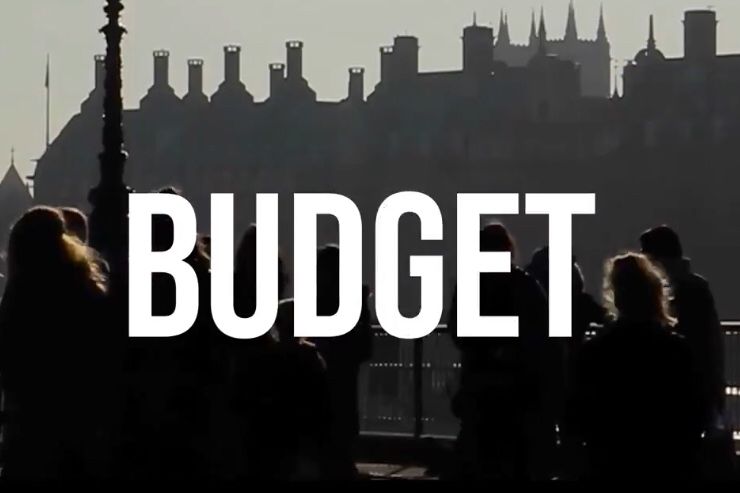Autumn Budget 2021
The Autumn Budget has arrived with the Chancellor of the Exchequer, Rishi Sunak, delivering it to Parliament on the 27th of October 2021. There are several key adjustments for both businesses and individuals that will be forthcoming in April 2022, as well as a few immediate changes. We will summarise the key points here and you can read the full budget documentation on the government website.
Personal Tax & Allowances
There are a number of changes coming to personal tax that were announced, which, unless otherwise stated, will be starting from the 6th of April 2022. First of all, the National Living Wage rates will be increased as follows:
- 23 and over – from £8.91 to £9.50
- 21 to 22 – from £8.36 to £9.18
- 18 to 20 – from £6.56 to £6.83
- 16 to 17 – from £4.62 to £4.81
- Apprentices – from £4.30 to £4.81
A new 1.25% health and social care levy will be applied to National Insurance contribution rates from April, including employer and employee rates as well as Class 4 contributions paid by sole traders. This will be the first significant change to NIC in 11 years.
The Chancellor has also set out an extra 1.25% of income tax to be applied across the board to dividend tax rates. The changes are set out below:
- Basic Rate – from 7.5% to 8.75%
- Higher Rate – from 32.5% to 33.75%
- Additional Rate – from £38.1% to 39.35%
Whilst the tax rates have gone up slightly, the £2,000 tax free dividend allowance will remain, and it was announced the Personal Allowance and income tax limits will remain unchanged until 2026.
From the 27th of October 2021, the time limit for reporting capital gains on the sale of residential property has been increased from 30 days to 60 days after only a short time in operation. This will provide some breathing room for sellers to get everything in order before they are required to submit the return to HMRC. However, the SDLT nil rate band for property purchases reverted back to it’s previous £125,000 from the 1st October 2021.
Corporation Tax
The previously announced rise in the main rate of corporation tax will go ahead as planned – corporation tax will remain at 19% until April 2023, at which point it will increase to 25%. A Small Profits rate of 19% will continue to apply to profits below £50,000, which will taper up to 25% for profits between £50,001 and £250,000.
The Annual Investment Allowance of £1 million on Plant & Machinery expenditure will be extended until 31st March 2023 (bringing this date in line with the previously announced extension to the 130% super-deduction).
VAT
The only announcement in regard to VAT this time was that the VAT registration threshold will not change from £85,000 until at least April 2024.
Business Rates
For the retail, hospitality and leisure sectors, a 50% business rates discount will be available through the 2022-23 tax year, whilst the planned increase in rates for the year has been scrapped.
Other Taxes and Changes
- Starting from April 2023, cloud computing and data costs will be allowable for Research & Development Tax Relief. This will be of particular interest for data-driven businesses for whom computing costs can make up a substantial proportion of expenditure.
- Alcohol, fuel and vehicle excise duties will remain frozen, and a new ‘Draught Relief’ will be introduced, cutting duty on draught beer and cider sold in 40 litre kegs by 5% from February 2023. This coincides with a simplification of the current duty rates that will see drinks with a higher percentage ABV attract more duty, whilst reducing it for lower percentage ABV products.
- A 50% discount will be available on air passenger duty for domestic flights starting on 1st April 2023.
- A consultation will go forth on a proposed online sales tax.
- A new residential property developers’ tax will be introduced from 1st April 2022 at a rate of 4% on developers with profits exceeding £25m
Topics
Archive
- 2024
- March 2024 (1)
- January 2024 (1)
- 2023
- December 2023 (2)
- November 2023 (2)
- September 2023 (2)
- August 2023 (1)
- July 2023 (3)
- June 2023 (3)
- May 2023 (2)
- April 2023 (1)
- March 2023 (4)
- February 2023 (2)

